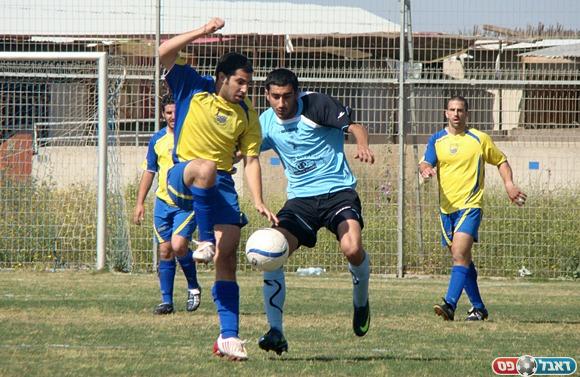By: Khalil Farah 
As a college student who grew up in the South, surrounded by SEC football, the name Joe Paterno never meant as much to me as the famous southern legends like “Bear” Bryant and Vince Dooley. Yet, now, upon reading up on the Penn State fiasco I have become more sympathetic to ole JoePa. One of the most prominent figures in all of College Football, Joe Paterno was a coach at Penn State since 1950, taking the head-coaching job in 1966. When he first joined Penn State it was a program with little historical success. In the team’s first 79 years of existence they had gone to six bowl games total. In the 45 years with Paterno at the helm, they went to 37. He holds the record for all time most wins by a Division-I NCAA football coach.
Joe Paterno was forced to resign today in response to a report that his assistant Jerry Sandusky molested as many as eight children while working as the defensive coordinator under Paterno. The media right now is up in arms claiming Joe Paterno knew what was going on and refused to act about it. While these are serious accusations, the facts are being taken out of their context to make the story bigger than it is.
Firstly, I urge people to really look at the findings of the grand jury when presented with the evidence. The grand jury decided after hearing the story that no criminal charges should be brought against Paterno. Moreover, the jury points out that Joe Paterno had no idea the extent of what his assistant, Jerry Sandusky, had done to a child in the Penn State locker rooms. In fact, the report affirms, “Paterno was not present for this meeting [where Penn State Athletic Director Tim Curley was told of Sandusky’s actions].” The only thing a graduate student told Paterno was that he witnessed something inappropriate in the shower. The next morning, on a Sunday, Paterno reported the incident to his superior, trusting that Curley would do what is appropriate. I, for one, am confident that had Paterno known exactly what transpired he would have done more to follow up. The recent media frenzy has focused on his inaction. It was this frenzy and the paranoia generated by the coverage that eventually left Paterno no choice except to resign. I believe that based on the knowledge that he had (which is to say, next to nothing), Paterno did all that could be expected of a man.
I wish the news media had not jumped on this story so quickly. Of course, focusing on a little known assistant coach like Sandusky does not generate the same readership as bringing down a great figure like Joe Paterno. In the attempt to find a sensational story, the media has destroyed one of the few beacons of a time past in college football. Paterno was rarely a sexy college football story before this. His quotes were not worthy of headlines, and his teams seldom got the respect they deserved. Three times he had undefeated teams who were refused a national championship. This year, Penn State has but one loss (to Alabama by a mere two scores) and yet they are ranked 12th, the lowest of any one loss team.
His legacy could have been one of the few bright spots in the general slide of NCAA football history. Paterno was more than a coach; he was a modern day Byron figure, who could face the increasing corruption of college football in a fighting stance. He was a successful coach (he led Penn State to five undefeated seasons), but more importantly he was a coach who tried, as he called it, a “grand experiment” where his players must also be good students. He believed so much in this ideal that he built Penn State a new library, donating four million dollars to its construction at a time when his salary was less than $500,000 a year (in contrast, Saban last year collected $5,997,349 from Alabama).
The SEC has fallen to the corporatization of college football perhaps more than any other place. The idea of a coach, who is loyal through and through to a school, is no more. Steve Spurrier, a name synonymous with Florida football, is as I write this, devising a way to beat the Gators in their matchup this Saturday. Nick Saban has won two national championships recently, but with different programs. Even Mark Richt, the longest serving coach in the SEC, had no ties to the University of Georgia before receiving a multi-million dollar contract to coach here.
Joe Paterno is a man of a different era. Hired as an assistant coach in 1950, he never left Penn State and its modest salary despite being offered lucrative contracts from everywhere from NCAA established giants like Michigan to NFL heavyweights like the New England Patriots.
I love college football; anyone who knows me will confirm it. Yet, I fear for its future. I feared a day when we no longer have those men such as Paterno, who graduated from an Ivy League school and coached great football teams. The coach who resisted the increasingly sophisticated offensive game plans in favor of a fundamentally sound defense. Paterno demanded greatness on and off the field, and he embodied a major college program without ever seeming to lose sight of what is truly important in this world.

